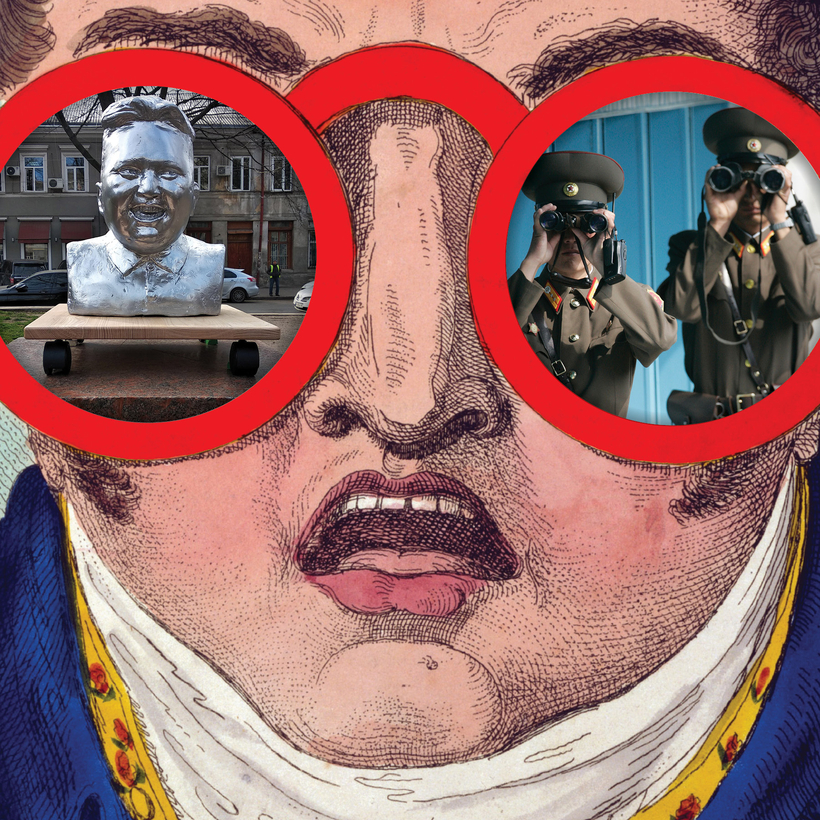When Jihyun Park, a North Korean defector who had settled in the United Kingdom as a refugee in 2008, walked into an unremarkable London newsstand, she did not anticipate being confronted by a copy of Rodong Sinmun, the official newspaper of the Central Committee of the Workers’ Party of Korea.
Still, there one was. The headlines spoke of celebrations marking the birthday of the late founding leader and “eternal president,” Kim Il Sung, which had included a military parade featuring missiles and goose-stepping soldiers, all inspected and saluted by Kim Il Sung’s grandson Kim Jong Un. “We were all surprised as to why they were selling it,” said Park, who is now a senior fellow with the Center for Asia Pacific Strategy. “But,” she says, “no one was interested in [buying] a North Korean newspaper.”

